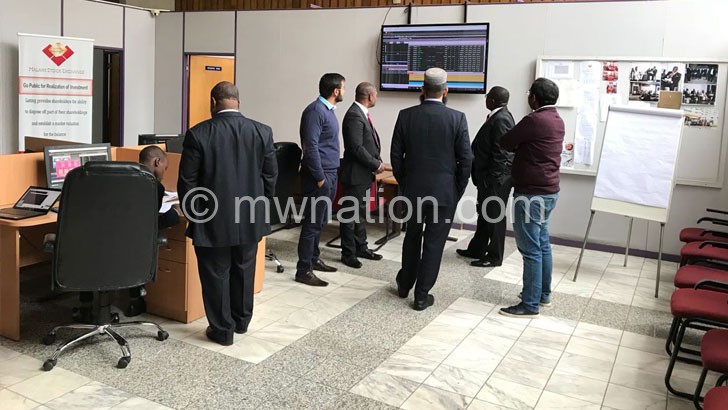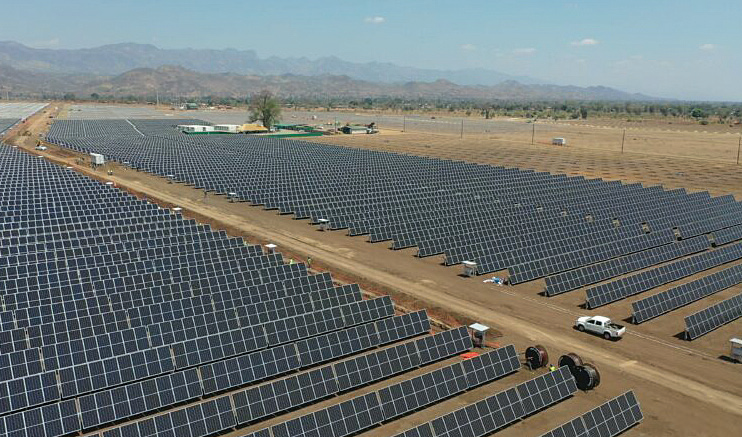Businesses, analysts weigh in on 2023/24 fiscal plan
Industry and economic analysts have urged Treasury to allocate more resources to productive sectors and reduce debt of the 2023/24 fiscal plan is to spur economic development.
This follows an announcement by the Ministry of Finance and Economic Affairs that the line minister, Sosten Gwengwe, will from Monday conduct pre-budget consultations for the 2023/24 National Budget.

In an interview on Tuesday, Institute of Chartered Accountants in Malawi acting chief executive officer Charles Chimpeni said allocating more resources towards landmark development projects will spur job creation and industrial revolution.
He advised the government to review some of its tax policies.
Chimpeni said: “Pay as you Earn has been the significant contributor to the domestic revenue while at same time, there has been an improvement in domestic taxes like value added tax, which is also suffered by those in employment.
“The 2022/23 budget policies negatively affected the disposable income of those in employment; hence, this call for Treasury to have a relook on revenue collection.”
He also urged government to have realistic revenue targets saying expenditures should be within collectable revenues to avoid worsening the already high debt levels.
In a seperate interview, Chamber for Small and Medium Businesses Association executive secretaryJames Chiutsi said government should ensure that Malawi 2063, the country’s long-term development blueprint, anchors the budget.
He said: “Government should factor in Malawi 2063 which has much commitment towards business development and industrialisation. It will be unjust to businesses if the budget does not speak to the aspirations of Malawi 2063.
“This long-term agenda provides within it an enabling environment for businesses to thrive and it is through it in which we see industrialisation taking shape.”
Consumers Association of Malawi executive director John Kapito said Malawi needs a fiscal plan that match revenue generation and expenditure and also takes into account the needs of the people.
He said: “Government has always engaged various stakeholders during budget preparations but what has come out has been the opposite of the public’s contribution.
“We want to see government coming up with an honest budget that will do away with wastages like Affordable Inputs Programme, public staffing and benefits for statehouse and top government officials but concentrate on improving the livelihoods of Malawians.”
On the other hand, Malawi University of Business and Applied Sciences associate professor of economics Betchani advised government to invest in real sector where more jobs will be created, and also focus on supporting locally-owned companies to sustain the economy.
Catholic University economics lecturer Hopkins Kawaye urged government to tame it’s spending by having realistic revenue collection targets.
He also urged the government to close gaps in public finance management tools saying the rooting of government funds is also costing the country pointing that the funds that are being stolen equate to the funds the government is paying as budget deficits.
Kawaye said: “Government has been borrowing money and debt levels are now unsustainable at over 60 percent. This has weighed negatively on the budget.
“We expect government to spend what it collects. The budget should be formulated against the realistic revenue collections if we are to put our economy in good shape.”
Treasury figures show that as at end September 2022 Malawi’s public debt stood at K7.3 trillion, up from K6.38 trillion in March 2022, an increase of 14 percent.





